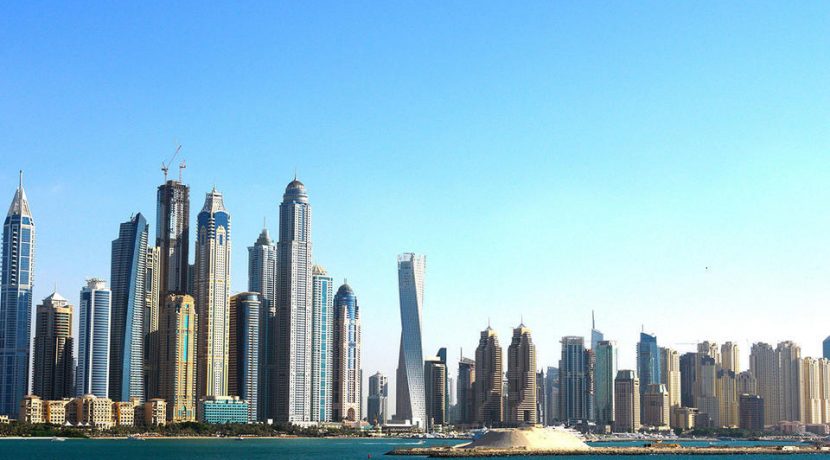Dubai property transaction volumes in 2019 increased by 22 percent compared to 2018
Dubai’s real estate sector may be showing early signs of a recovery, but the emirate still has a way to go to hit the figures last seen pre-December 2014 when the price of oil tumbled, according to industry experts.
Statistics released this week by Data Finder, the real estate insights and data platform under the Property Finder Group, revealed 5,051 sales were recorded with the Dubai Land Department (DLD) in November, hitting an 11-year high on a monthly basis.
This eclipsed the 4,774 overall property sales registered in October and the 4,007 transactions recorded in September – with a total of 13,832 transactions over the three-month timeframe.
Taimur Khan, associate partner, Development Consultancy and Research at Knight Frank Middle East told Arabian Business Dubai’s residential market is “showing very early signs of recovery”. He said transaction volumes in 2019 increased by 22 percent compared to 2018, while mainstream prices fell by 5.9 percent in the year to December 2019, down from an 8.6 percent decline witness over the same period the previous year.
However, he warned: “Given the level of supply being delivered to the market currently and that which is expected to be delivered in 2020, we do not anticipate prices will begin recovering over the course of this year.”
New legislation
The introduction of new legislation in 2019 helped boost the sector, in particular the creation of the higher committee for real estate, headed by Sheikh Mohammed, Ruler of Dubai, and senior property developers, that’s aimed at achieving a much-needed balance between supply and demand in the sector.
While recent approvals to ease visa and foreign business ownership regulations – the latter allowing for 100 percent on-shore business ownership for 122 activities across 13 sectors, are also expected to drive additional demand.
Richard Paul, head of professional services and consultancy at Savills Middle East, told Arabian Business: “Policy changes and improved investment sentiments throughout 2019 indicate a shift from ‘caution’, which was prevalent for the past few quarters, to ‘cautious optimism’.”
Regulation changes
Regulation changes have also been implemented by Dubai’s Real Estate Regulatory Agency (RERA), including guidelines to improve real estate agents, restructuring the legal provisions of the agency and the launch of the Real Estate Investment Opportunities initiative, to attract a wider range of real estate investors to the emirate.
Simon Townsend, senior director – strategic advisory, CBRE, told Arabian Business: “As we enter 2020, we can expect the further enforcement of RERA regulations; this will continue to protect the interests of the market participants and will only serve to further increase interest in the UAE as it becomes a global hub for real estate.”
Key trend
One key trend in 2019 was the increase of incentives offered by developers to attract buyers and tenants. This included extended post-handover payment plans ranging from three years to up to 20 years, rent-to-own schemes and guaranteed rental returns, cut-price school fees, a buy-one-get-one-free model and waved completion fees.
Townsend expects this to continue. He said: “This year, we can also expect to see a continued focus on providing the community with flexibility including longer payment periods, rent-to-own schemes and more access to homebuyer funding structures.”
All rights reserved to the initial publisher for Arabian Business.
Collected and published by Arms &McGregor International Realty editorial team.

